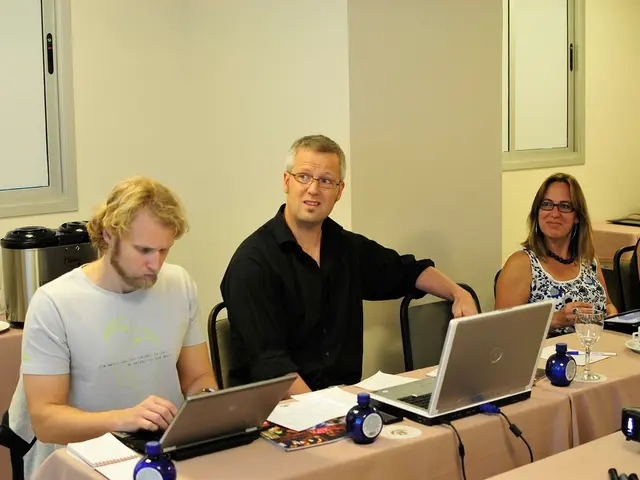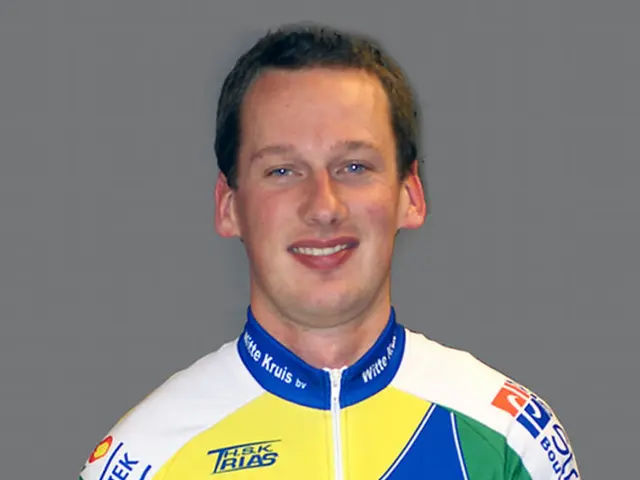Minimum sentencing favored by François Bayrou criticized by MEP Sacha Houlié: 'It's a revival of everything that failed in the past', according to Houlié.
"Repurposing what just didn't work," sarcastically quipped independent parliamentarian Sacha Houlié on our site on Tuesday, while François Bayrou advocated for the establishment of "minimum sentences." During a question time session on Tuesday, the Prime Minister weighed in, just a few days after the unrest that followed the victory of the soccer team PSG.
"It's a populist initiative driven by emotional public disturbances, with the turmoil we've witnessed in the country, where the government sells off half-baked ideas," lamented Sacha Houlié. He reminds us that the "minimum sentences," introduced under Nicolas Sarkozy's presidency and abolished under François Hollande, "never made a difference." "It was scraped by Jean-Marc Ayrault's government."
Currently, according to Houlié, there are approximately 83,000 prisoners in France. He argues that even if prison sentences were issued for most of them, they wouldn't be immediately executed because we lack the capacity to accommodate them.
However, it's not about doing nothing," says a frustrated Houlié. "We've known for a while that what deters delinquents the most, what discourages them from reoffending, is their wallet," asserts the lawyer. "It's the seizure of vehicles or assets used to commit crimes. It's fines and wage garnishments when they're employed." He points out a "variety of tools" that were "introduced" by the former Minister of Justice Eric Dupond-Moretti, which are now "available at the government's discretion" to use and to request from the magistrates to apply these measures.
Regarding juvenile justice, Sacha Houlié recalls the "enhanced general interest work" that was widely implemented under previous governments, as well as the "strict accompanying measures with educational measures given by the juvenile protection service". These measures, in his opinion, are "very beneficial" and will have a "greater impact" compared to the proposals of the Minister of Justice, echoed by the Prime Minister in yesterday's session.
"I find it regrettable that after 20 years of recycling failed policies that won't change anything and, eventually, will represent a form of public helplessness in the face of common law offenses that deserve punishment," adds Houlié.
Background
The efficiency of minimum sentences versus general interest work (community service) for minor offenders in France is a complex issue, involving evaluating different approaches to juvenile justice. While there's a debate in France about the effectiveness of minimum sentences for minors, some argue that they may deter future offenses, others believe they may not address underlying issues and could lead to higher recidivism rates.
On the other hand, community service, or general interest work, is often considered an effective alternative to incarceration. It allows minors to engage in productive activities while staying within their communities, helping to reduce recidivism by addressing social and educational needs. According to organizations like OMCT, community-based interventions can be more advantageous for minors than imprisonment, providing opportunities for rehabilitation and education. In the absence of specific data on general interest work for minors in France, the principle of community sentences is in line with international best practices in reducing recidivism and fostering rehabilitation.
- Sacha Houlié laments that the proposed minimum sentences, despite being reintroduced and scrapped multiple times in France's politics of policy-and-legislation, have shown no significant impact in deterring crime, as evidenced by the recurring general-news of crime-and-justice.
- advocating for an emphasis on economy-based sanctions such as the seizure of assets used for crimes and fines, Houlié argues that these strategies, introduced by the former Minister of Justice Eric Dupond-Moretti, have a greater potential to deter criminal activity compared to the discussed policy of minimum sentences.








